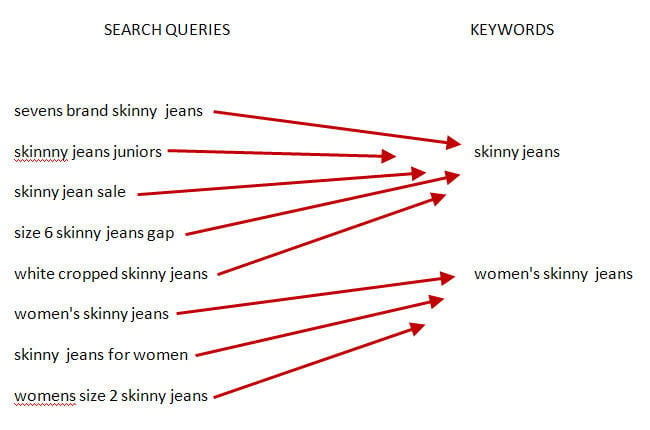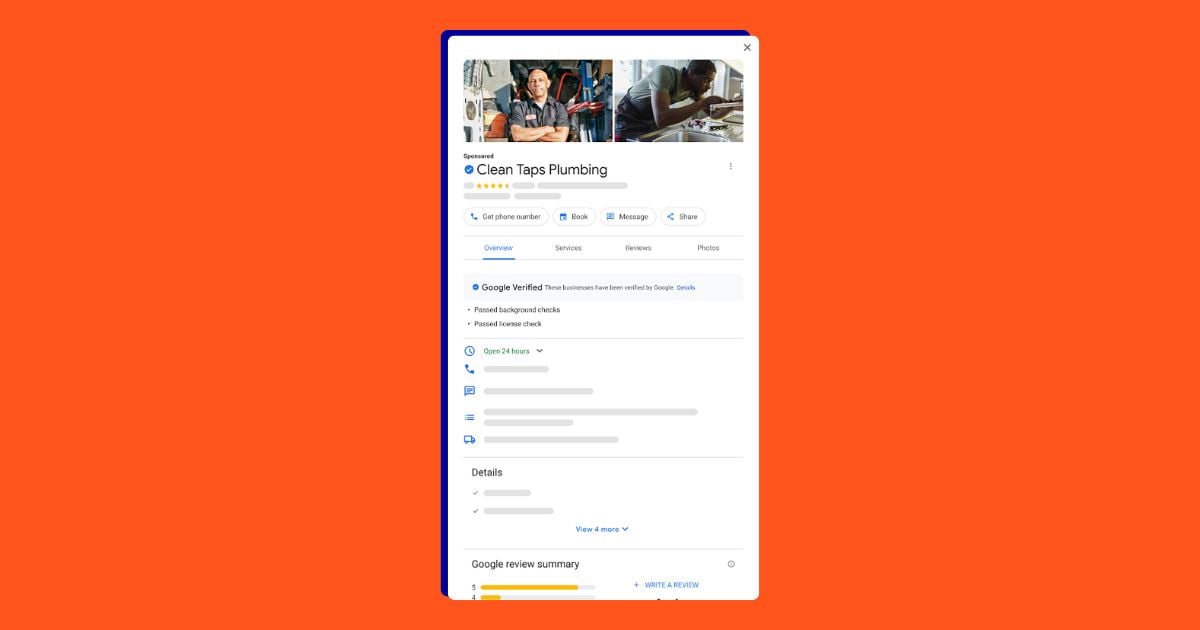In casual conversation, the terms “keyword” and “search query” are often used interchangeably, but there is actually a difference. So what is the difference between a keyword and a search query?
A keyword is sort of like the Platonic ideal of a search query – it’s an abstraction that we extrapolate from multiple search queries.
A search query or search term is the actual word or string of words that a search engine user types into the search box. You can think of a search query as the real-world application of a keyword – it may be misspelled, out of order or have other words tacked on to it, or conversely it might be identical to the keyword.
As search marketers, what we target are keywords.
- In SEO, we target these abstractions by optimizing on-page content (using the keywords in URLs, title tags, body copy, image file names, meta descriptions and so on), by building inbound links with keywords in the anchor text, etc.
- In PPC, we target keywords by bidding on them and using them in our ads and landing pages.
Search queries, on the other hand, are the real-world terms that people use to find those pages through paid and organic search.
So, for example, you might bid on the keyword “skinny jeans.” By looking at your search query report in AdWords, you can see all the queries that visitors typed in to trigger your ad – assuming you’re using broad match, these queries might include the exact keyword as well as endless variations like “jeans skinny,” “womens skinny jeans,” “dark wash skinny jeans,” “skinny jeans size 0” and so on.

If some of those search queries fall into a clear, repeating pattern (for example, “women’s skinny jeans”), you might go on to create an ad group and corresponding ads for that search query, at which point the search query would become one of your keywords.
Search queries are a larger set than keywords, and by looking at search queries we can find new keywords to target in our search marketing campaigns. (Search query mining is also a good way to find negative keywords).
Any questions?







